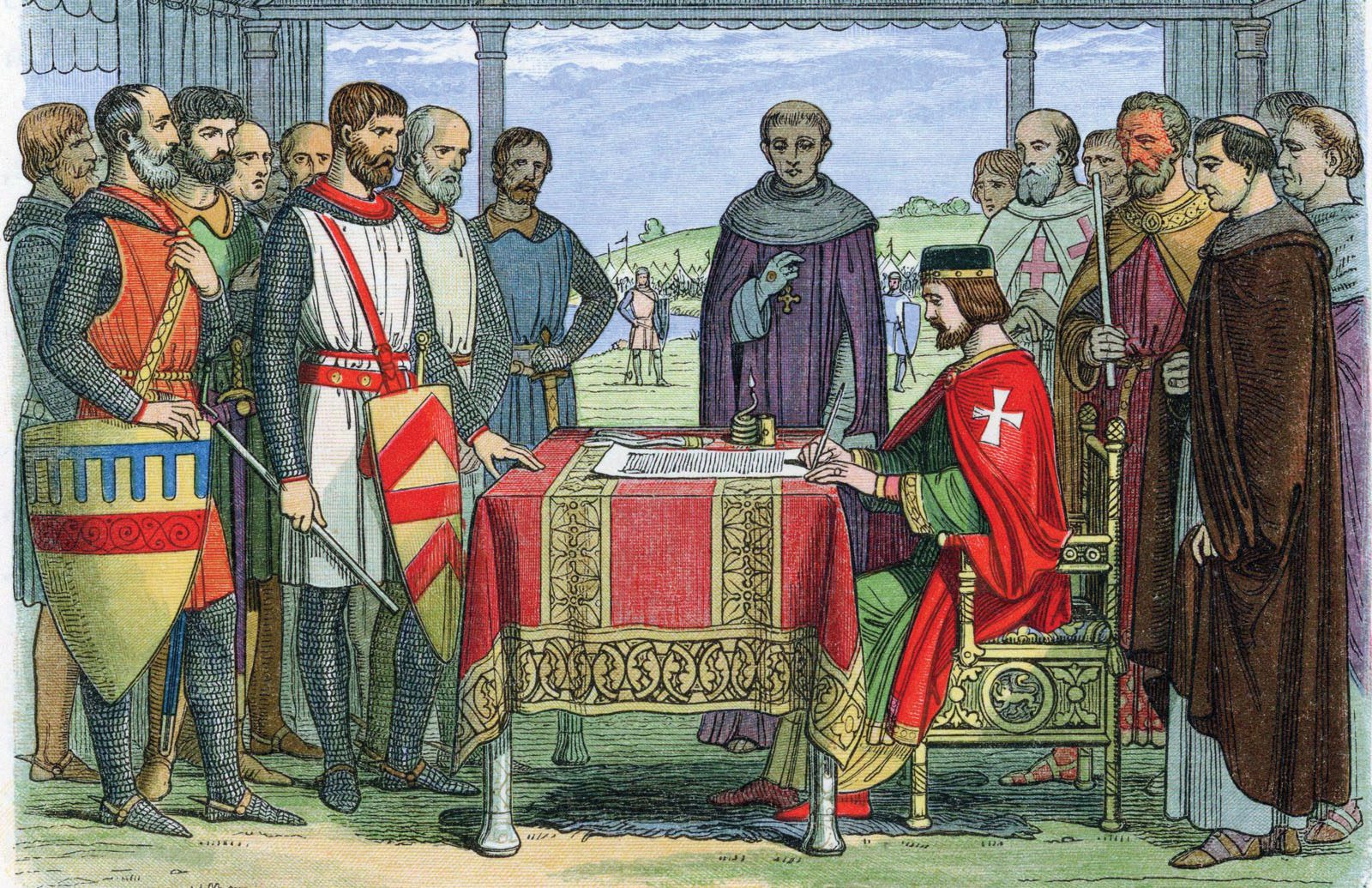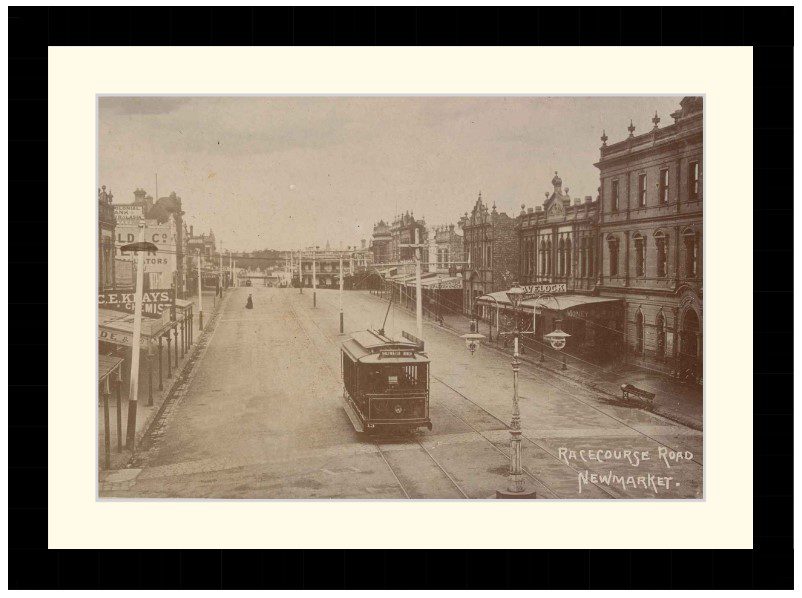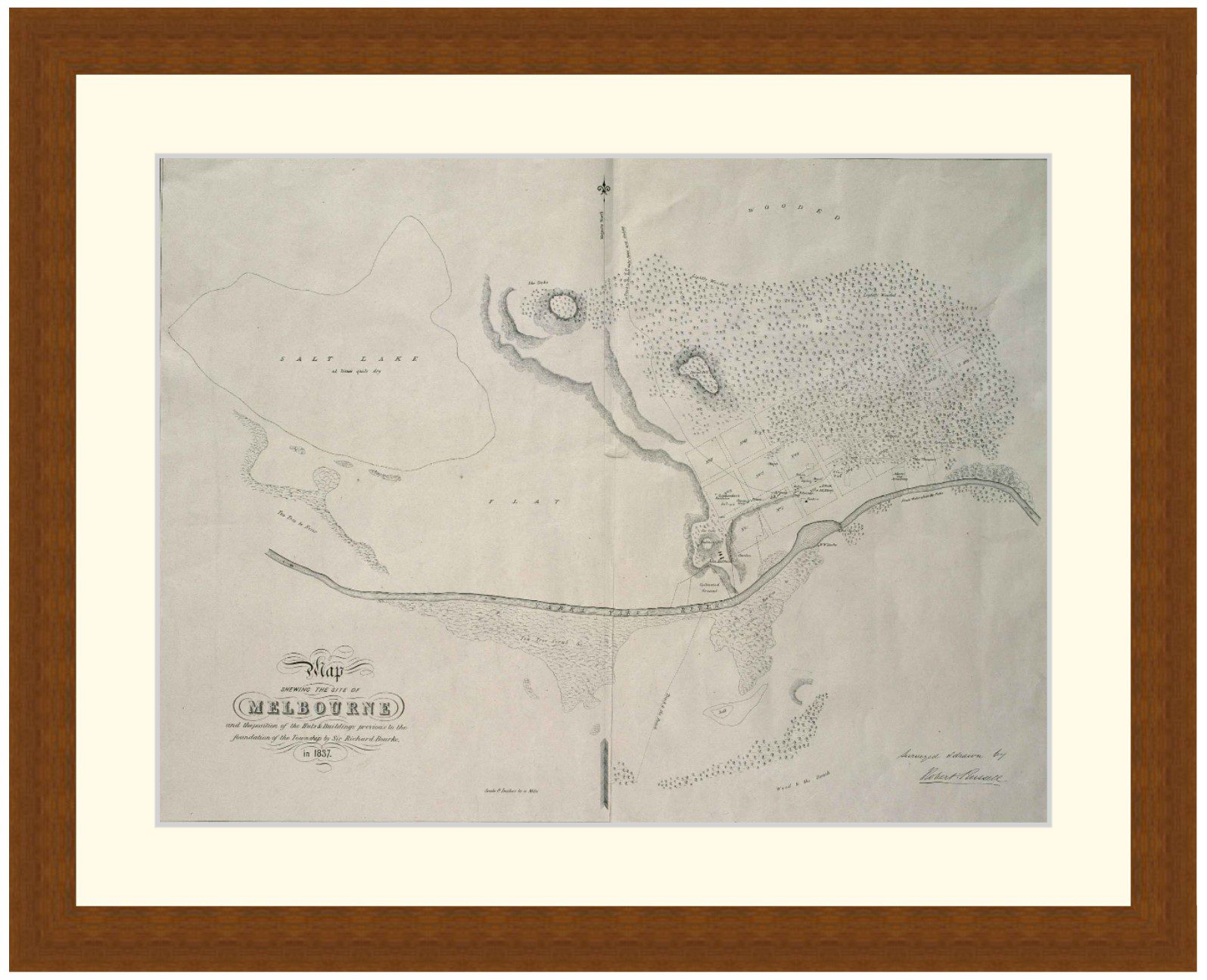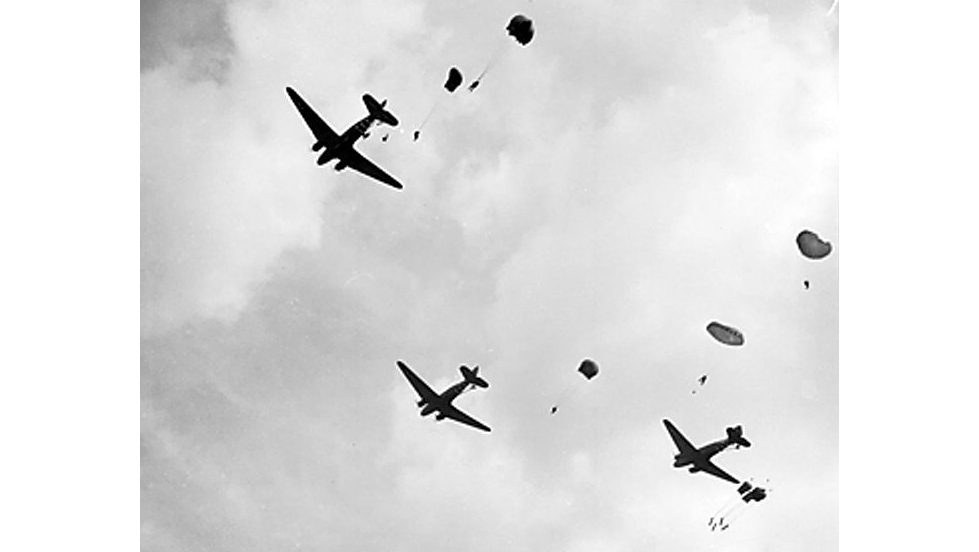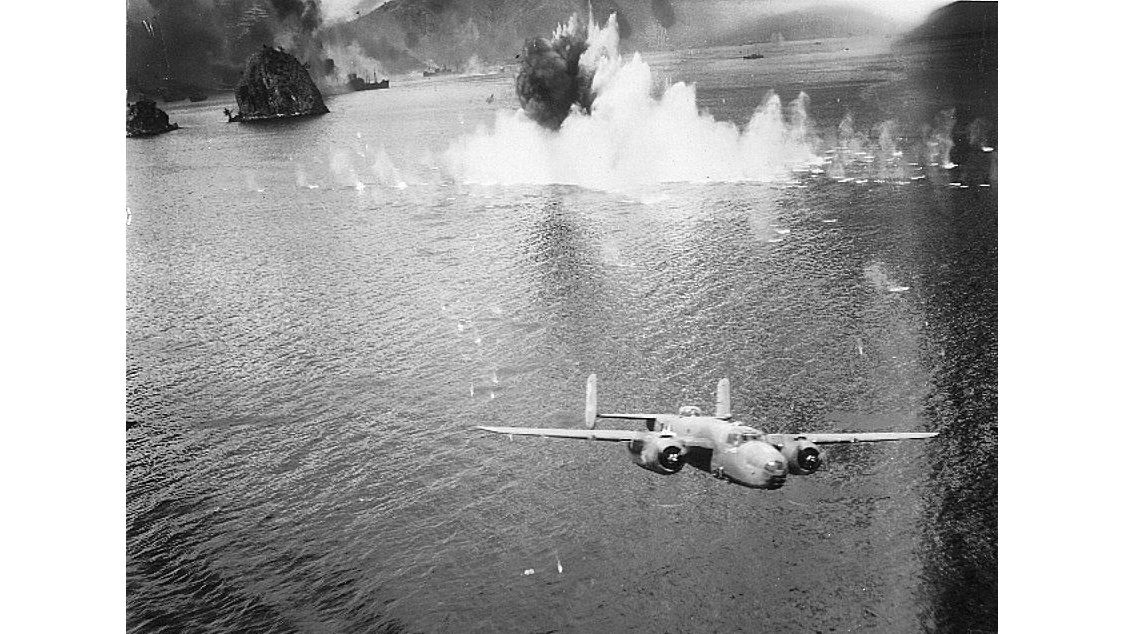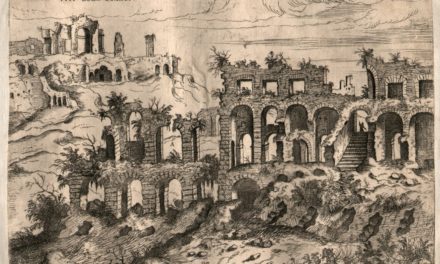The History Guild Weekly History Quiz.
See how your history knowledge stacks up.
Have an idea for a question? Suggest it here and we’ll include it in a future quiz!
Want to know a bit more about the questions in the quiz, or the story behind them? Read on!
1. Which British monarch accepted Magna Carta?
John I – Magna Carta is a royal charter of rights agreed to by King John of England at Runnymede in 1215. It was drafted by Archbishop of Canterbury Stephen Langton to make peace between the unpopular king and a group of rebel barons. It promised the protection of church rights, protection for the barons from illegal imprisonment, access to swift justice, and limitations on feudal payments to the Crown, to be implemented through a council of 25 barons. Neither side stood behind their commitments, and the charter was annulled by Pope Innocent III, leading to the First Barons’ War.
2. Which disease has killed the most humans throughout history?
Tuberculosis – It has killed over 1 billion people in the last 200 years alone. See how the biggest killers compare here.
3. How many times did Winston Churchill lead his party to electoral victory or defeat?
One Victory, Two Defeats – Churchill became Prime Minister when he replaced his Conservative Party colleague Neville Chamberlin in 1940. He first faced the ballot box as Prime Minister in 1945 and lost. He then lost the 1950 election, finally winning in 1951.
4. Where was Nikola Tesla born?
Croatia – Nikola Tesla was born in the former Austrian Empire in what is now Croatia. Read more about his amazing life here.
5. In what year did the highland clearances begin?
1745 – Read more about the highland clearances here.
6. Where did Captain James Cook die?
Hawaii – While Cook’s ship the HMS Resolution was anchored in Kealakekua Bay, Hawaii, one of its longboats was stolen by the Hawaiians. Cook lead a party of Royal Marines and sailors to attempt to kidnap the ruling Chief, Kalaniʻōpuʻu. This provoked an angry response from the Chief’s son Kanaʻina. Cook struck Kanaʻina with the broad (flat) side of his sword. Kanaʻina pushed Cook, who fell to the sand. As Cook attempted to get up, Nuaa, the Chief’s personal attendant, lunged at him and fatally stabbed him in the chest with a metal dagger, obtained by trade from Cook’s ship during the same visit. Cook fell with his face in the water. This caused a violent, close-quarters melee between the townspeople and Cook’s men. Four of the Royal Marines were killed and two were wounded, the remaining sailors and marines, continued to fire as they retreated to their small boat and rowed back to their ship.
7. In an ancient battle which type of unit would be deployed to defeat cavalry?
Spearmen or Pikemen – Tightly packed units of pikemen or spearmen are the best force to counter cavalry. If the cavalry charge they are impaled upon the hedge of spears before they can reach the the soldiers to cut them down. The spear or pike also provides the soldier the reach to stab or knock the cavalryman from his mount.
If you want to know how to defeat pikemen click here.
8. Which European country first conquered and colonised Tanzania?
Germany – In the late 19th century, Germany conquered the regions that are now Tanzania (minus Zanzibar) and incorporated them into German East Africa. They occupied this until the end of WW1, when Britain, Belgium and Portugal were all given portions of the country to add to their respective colonial Empires.
9. What aircraft is this?
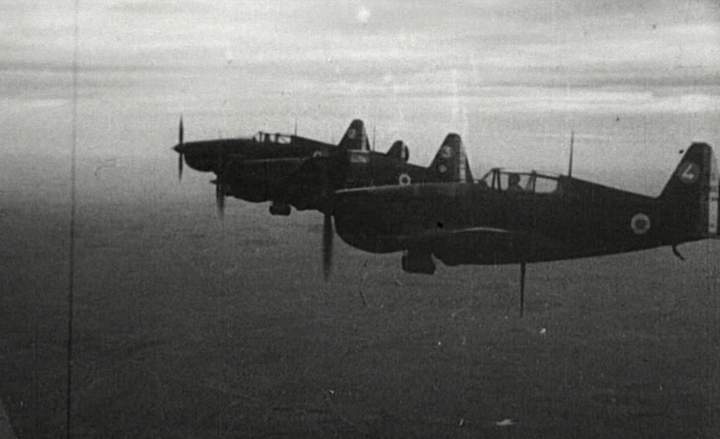
Morane-Saulnier M.S.406 – It was France’s most numerous fighter during the Second World War. It was capable of holding its own during the early stages of the war, achieving 191 confirmed victories, along with another 83 probable victories, compared to it’s losses in combat of 150.
10. When was the first successful radio controlled device developed?
1898 – At an exhibition at Madison Square Garden, Nikola Tesla demonstrated a small unmanned boat that used a coherer based radio control.
Articles you may also like
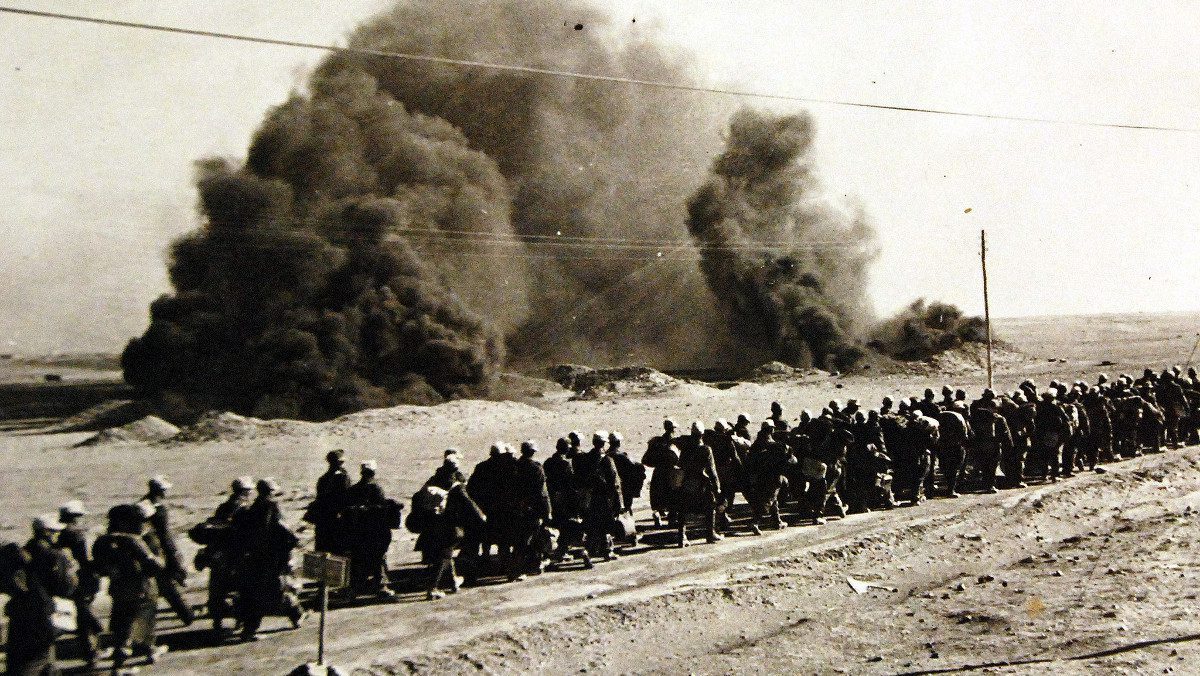
North Africa in WWII: Total War with Honour?
Reading time: 7 minutes
The North African campaigns during the Second World War have a reputation for being “clean” wars, free from the atrocities we see when studying the Eastern front or the Pacific theatre. However, when we look a little more closely, we can see this romanticized image is a little tarnished in places; we’ll take a look at what the historical record can tell us, as well as some details shared by Australian veterans of the conflict.
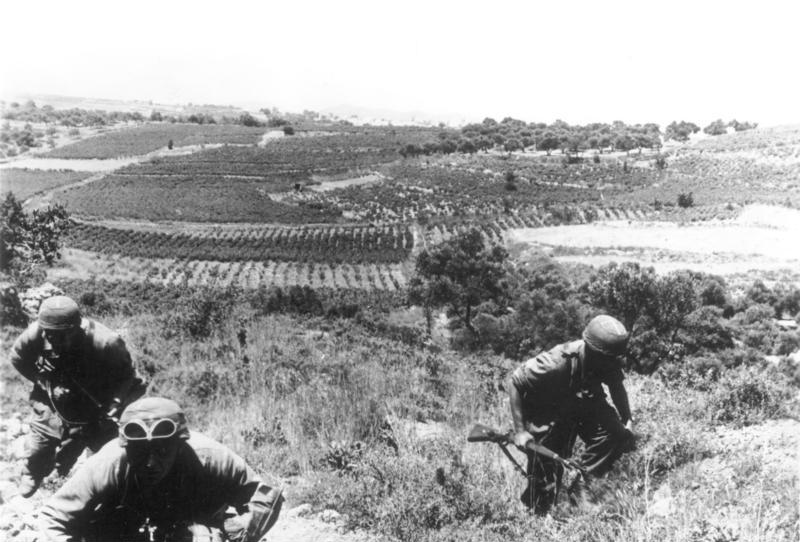
The Battle of Crete, WWII – Video
The Battle of Crete saw around 40,000 Allied troops, including over 6,500 Australians, defending against a German airborne invasion. The Allies fought valiantly, but were eventually overcome by the German paratroopers. However, they inflicted such severe casualties on the Germans that they never again used their airborne forces on a large scale.

